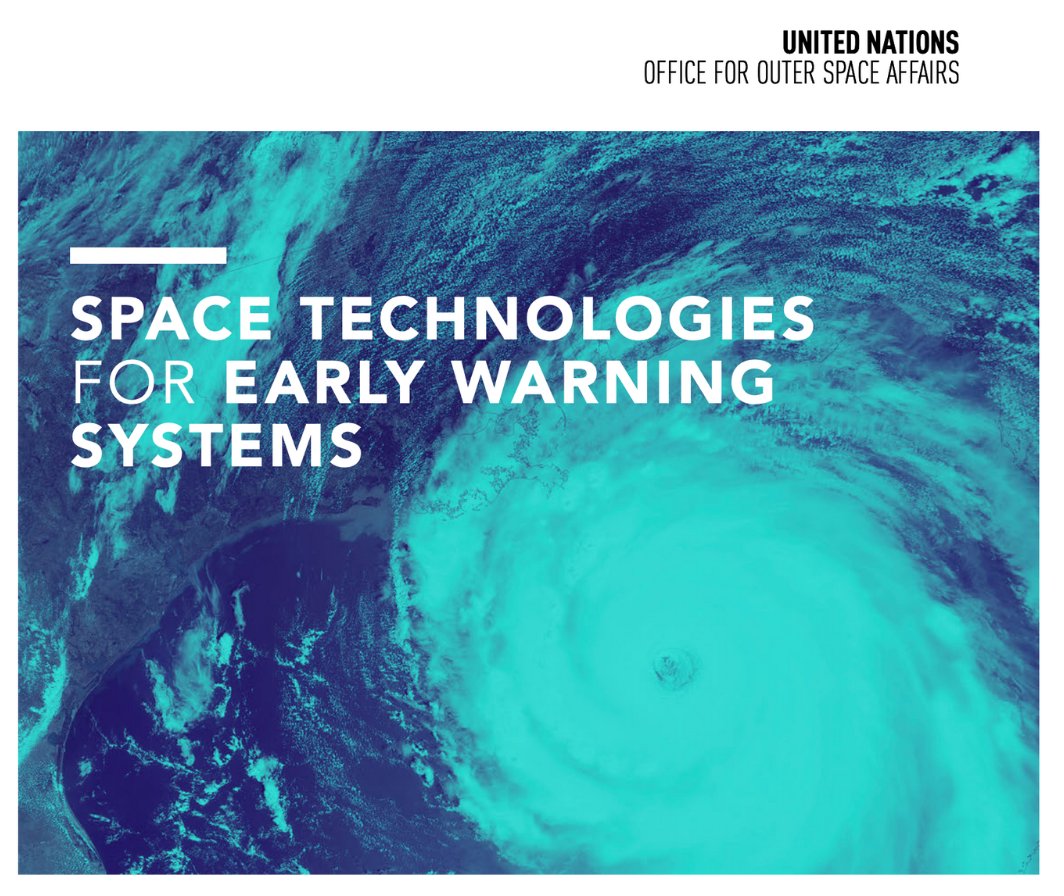UN report features GloFAS and other space technologies for early warning systems

The United Nations Office for Outer Space Affairs has released a new report highlighting the ways in which space technologies are improving early warning systems to further advance disaster preparedness. The Global Flood Awareness System (GloFAS) and the Global Drought Observatory (GDO) of the Copernicus Emergency Management Service are among the key tools highlighted in the report.
The report, titled "Space Technologies for Early Warning Systems" , features more than 80 case studies provided by experts, industry, and governments, showcasing the impact of space-based information on disaster management and emergency response.
GloFAS is presented in chapter 3 - dedicated to the space technologies for rapid-onset hydrometeorological hazards, including floods. GloFAS' role in forecasting and monitoring floods worldwide, ultimately helping to save lives and minimise the impact of these events, is highlighted.
The report serves as a comprehensive resource for governments, disaster management stakeholders, and practitioners, offering insights into how space technologies can enhance the effectiveness of early warning systems. It also aligns with the United Nations' efforts to implement the Sendai Framework for Disaster Risk Reduction 2015–2030 and the "Early Warnings For All" initiative launched by the Secretary-General of the United Nations in 2022.
To access the full report, visit: https://www.un-spider.org/news-and-events/news/new-unoosaun-spider-publication-space-technologies-early-warning-systems
By Adelaide Dura March 30, 2024, 5:47 a.m.
